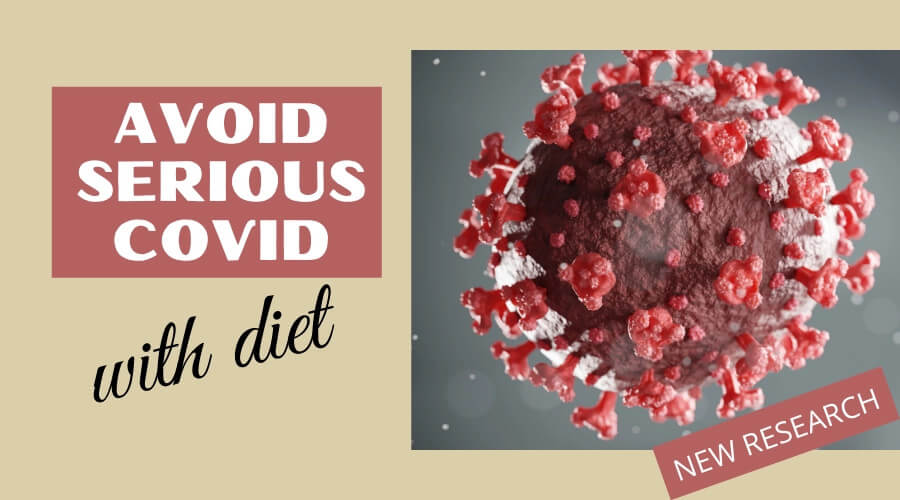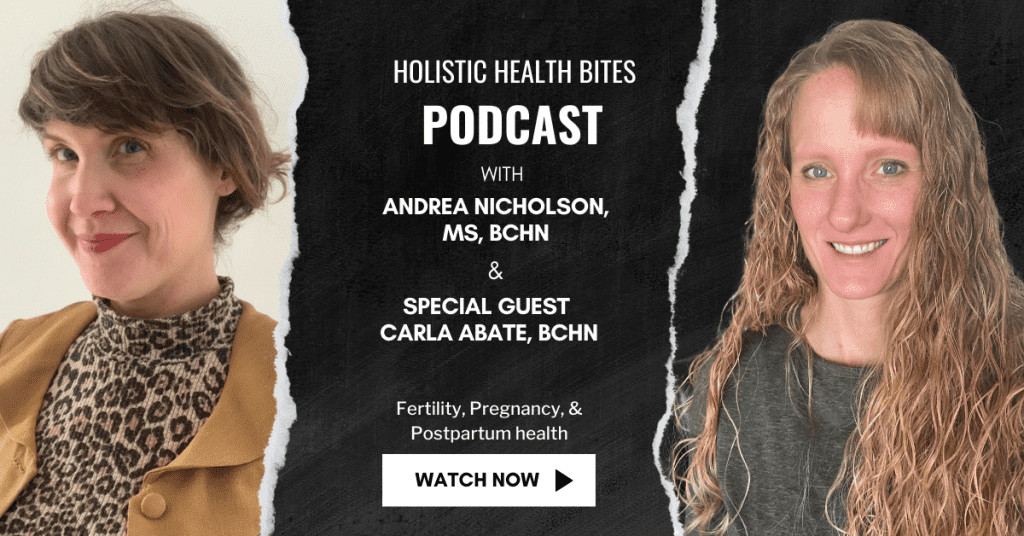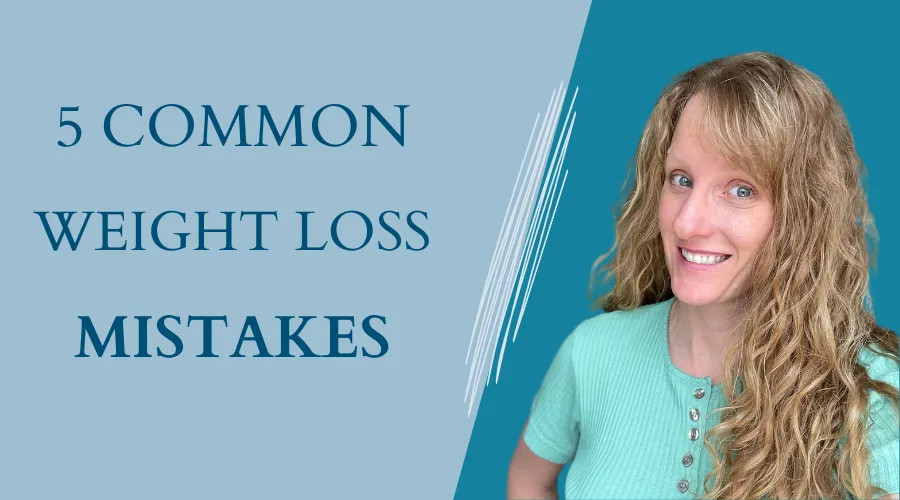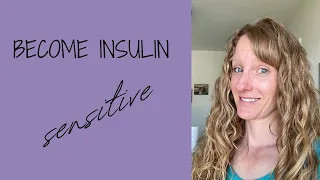
Foods Impact Health Outcomes
This may sound like a sensational headline, but a brand new study was just published in the journal Gut by Massachusetts General Hospital (affiliated with Harvard) that followed 592,571 people from the US and UK and showed the people can avoid serious COVID with diet. The study subjects were asked about their diet before the pandemic started and each person’s diet was given a score. During follow-up sessions with these participants, it was found that 31,831 had gotten COVID-19. Those with the highest diet scores were 9% lower risk of developing COVID 19 at all and 41% lower risk of developing severe COVID-19. This data took into consideration other health behaviors, social determinants of health, and even their local community viral transmission rates. The results were consistent across all metrics.
Avoid Serious COVID with Diet
This study ranked people’s diet by considering how much a person was consuming healthy whole plant-based foods – vegetables, fruits, and whole grains. Another similar study looked at the diets of healthcare workers and found that a plant-centric diet or pescatarian diet lessened the risk of severe COVID illness.
This shouldn’t really come as a major surprise, yet we aren’t really hearing about the impacts of diet on COVID outcomes. We know that what a person eats plays a direct role in whether they’ll develop diabetes, cardiovascular disease, kidney disease, hypertension, metabolic syndrome, and more. All of these are known co-morbidities to severe COVID illness and long-haul COVID. Reducing the risks and severity of these conditions can also reduce the likelihood and severity of COVID.
Digging a little deeper
What this study does NOT say is that you need to transition to a fully vegetarian or vegan diet to see the benefits. It does not say that eating animal proteins, healthy fats, or other whole foods will increase your likelihood of illness or severe symptoms. Their model emphasizes whole foods with a focus on plants, rather than processed and refined foods of any kind.
Processed and refined grains are not the same as whole grains – and they will not improve your metrics. Whole grains are products like thick rolled oats, brown rice, millet, and buckwheat. Refined and processed grains are found in products like bread, pasta, and cereal.
Whole unrefined plants are fresh or frozen without additives. This includes vegetables, fruits, legumes, nuts, seeds, and unrefined oils from plants. Plant foods can be consumed raw or cooked, and I recommend a mix of both for most of my clients. Prioritize non-starchy vegetables out of all of the plant options. Make it a game to see how many different vegetables you can consume in one week! Try some new varieties you haven’t had before!
I also recommend avoiding refined oils like canola, cottonseed, corn, soybean, safflower, and sunflower while prioritizing whole, unrefined healthy fat sources like olives and olive oil, avocados and avocado oil, grass-fed butter and ghee, coconut and milk, cream and oil, whole milk dairy products (cheese, yogurt), and grass-fed animal fats. The refined fats interfere with how well your cells can exchange nutrients and wastes as well as signal other cells to respond to infection or inflammation.
And lastly, when it comes to eating nutritious foods, you also want to avoid toxin ingestion. Buy organic whenever possible, choose grass-fed or wild-caught animal products that haven’t been fed synthetic or unnatural diets, and avoid the use of plastics in your cooking. These harmful substances kill off your microbiome that protect you from foreign invaders like viruses.
Boost Your Immune System with Fasting
Want to boost your immunity even more – fast! It may sound strange, but when you’re not eating, your body has a chance to clean house, eliminating harmful substances and bacteria that have built up, and repairing the damage done through poor diet and high-stress lives. This clean-up and repair cannot happen when your system is busy digesting and absorbing nutrients. You also stimulate stem cell production for rejuvenation, healing, and longevity when you fast! To get started with fasting, all you have to do is compress your eating window a little bit. Let’s say you normally eat breakfast at 7am and dinner at 7pm. You would want to move your breakfast to 8am and your dinner to 6pm. This compresses your eating window from 12 hours to 10 hours. You are now fasting for 14 hours overnight! That’s 14 hours of healing, repairing, and cleaning house.





















0 Comments